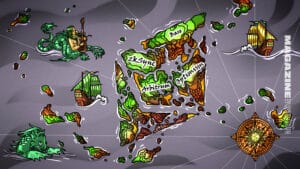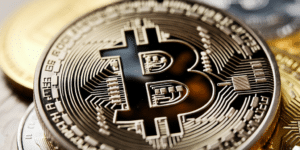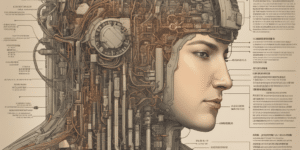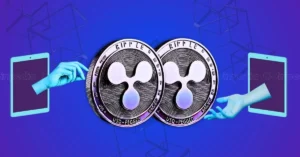Microsoft CEO: Rabbit R1 AI Gadget Was ‘Most Impressive’ Display Since Steve Jobs iPhone Announced
10 months ago Benito Santiago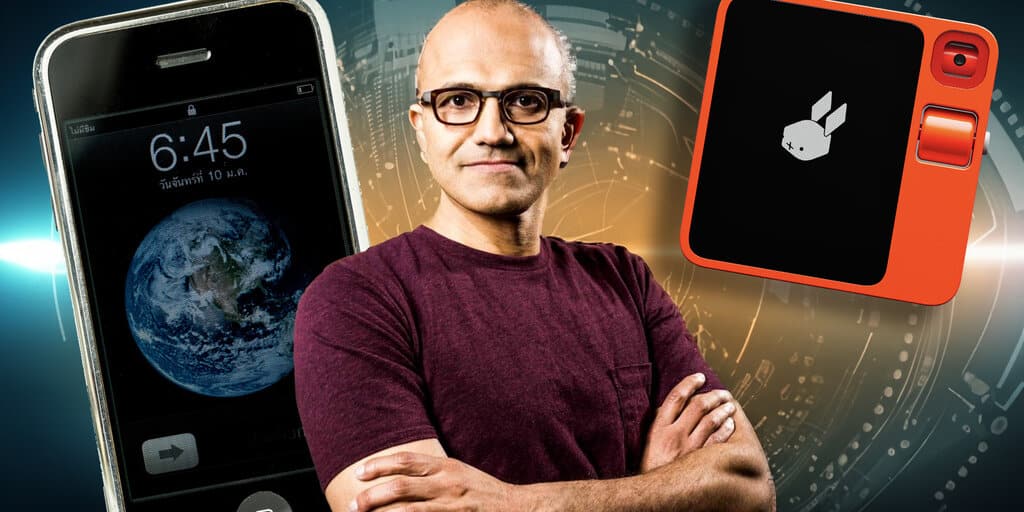
During a wide-ranging discussion in Davos, Microsoft CEO Satya Nadella weighed in on artificial intelligence and the future of computing and consumer technology. And on the opposite side of the world at CES, he impressed with the debut of the Rabbit R1.
“I thought the Rabbit OS demo and the hardware was fantastic,” he told Bloomberg. “After Jobs and the iPhone launch, I think I have to say one of the most impressive presentations I've ever seen.”
The AI-powered standalone hardware has generated mixed reactions, from people who think the device is revolutionary to skeptics who don't understand why you can't just use your smartphone. Nadella considers himself among the former.
Nadella commented on the state of AI and how the technology is changing as new, more powerful models and products appear, and suggested that the Rabbit portends a future where agent-centric operating systems—rather than separate applications—handle all user interactions.
“To me, all of our interactions with computers will now be with an agent that will be on all of your computers,” he said. “This, I think, will be the defining category of this next generation.”
Rabbit R1 runs what the creator calls a large action model that understands web pages and can learn and perform tasks for users. The device sold out within hours, with minimal details and even a lot of curious questions about how user intervention was triggered and everything about the whole business model.
Beyond Rabbit, Nadel has studied various aspects of AI integration in everyday life and business. He pointed to the transformative role of AI in accelerating progress in science, particularly in fields such as chemistry and biology.
“AI will do to science, perhaps, the most exciting thing for me … reducing 250 years of chemistry to 25 years,” he said in a separate discussion hosted by the WEF in Davos, emphasizing the ability of AI to discover new materials. , discover new biological processes and push science forward.
Nadella clarified that Microsoft is not particularly affected by the US-China AI war.
“China is not a big business for Microsoft,” he said. “Basically we do business in China to support other multinationals that come into China.”
However, they warned of possible sanctions on AI-related imports and exports.
“The worst mistake any civilization, any society can make is to cut yourself off from the knowledge that is being created elsewhere,” he emphasized.
The Microsoft CEO reflected on the company's developed partnership with OpenAI, describing it as a symbiotic relationship that mutually reinforces each organization's strengths.
“Open AI and Microsoft…I think it's a partnership where each of us really reinforces what each other does,” he said. Nadella drew parallels with historical collaborations such as Intel and Microsoft and SQL Server with SAP, making it clear that the tech giant has every intention of strengthening its partnership with OpenAI, a partnership between OpenAI and Microsoft that is being scrutinized by regulators around the world. . Nadella, for his part, said the two companies started the entire AI revolution and that antitrust measures should not be limited to the size of the companies involved. If Microsoft had not risked its money and invested in OpenAI when it was still in its infancy, the history of AI and the technology industry would have been very different today, he said.
If Microsoft hadn't taken the riskiest bet… we wouldn't have what we have. He concluded.
Edited by Ryan Ozawa.




